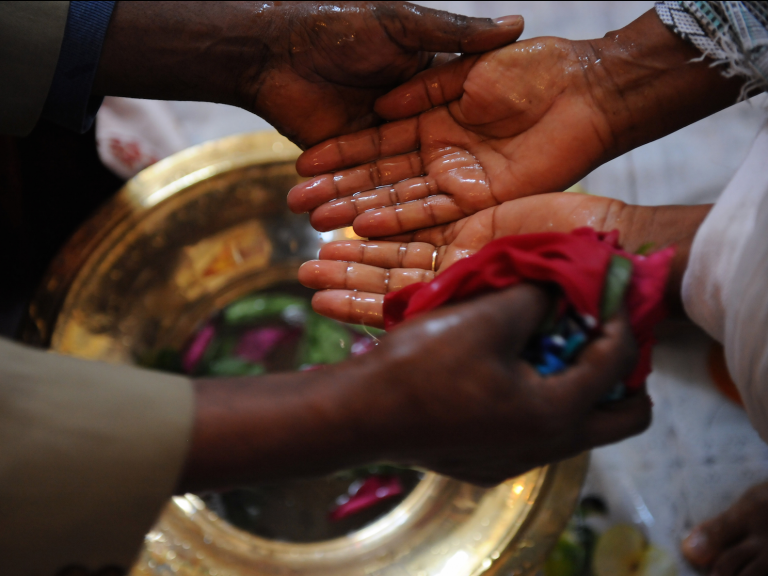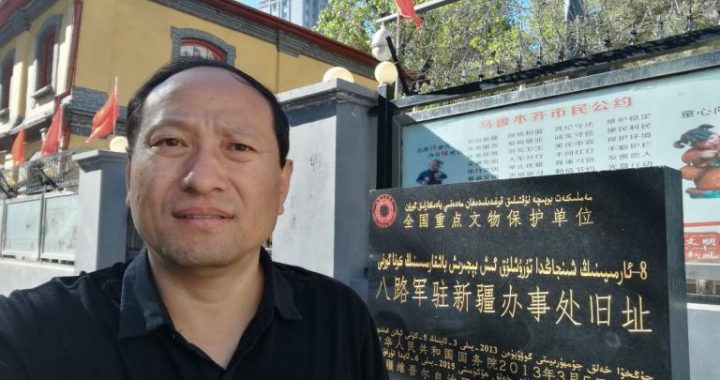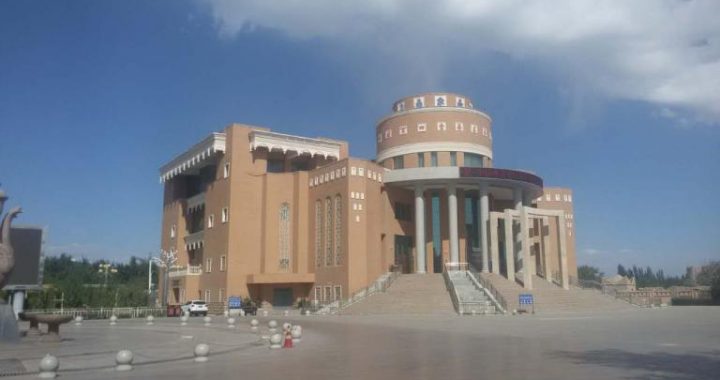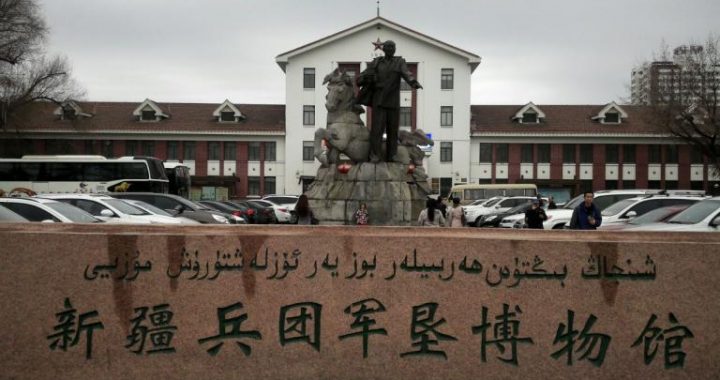Hands-Washing Ceremony
2 min readUygur, Kazak, Kirgiz and other similar ethnic groups have the custom of arranging for certain people to pour water for the guests to wash their hands no matter they hold a wedding or a funeral or invite guests home to have abanquet for entertainment. When guests come one after another, the dressed-up host waiting in front of the door shall welcome the guests by making a bow and warmly stretching out the hands. Then they will shake hands with each other before the host invites the guests into the room and take a seat.
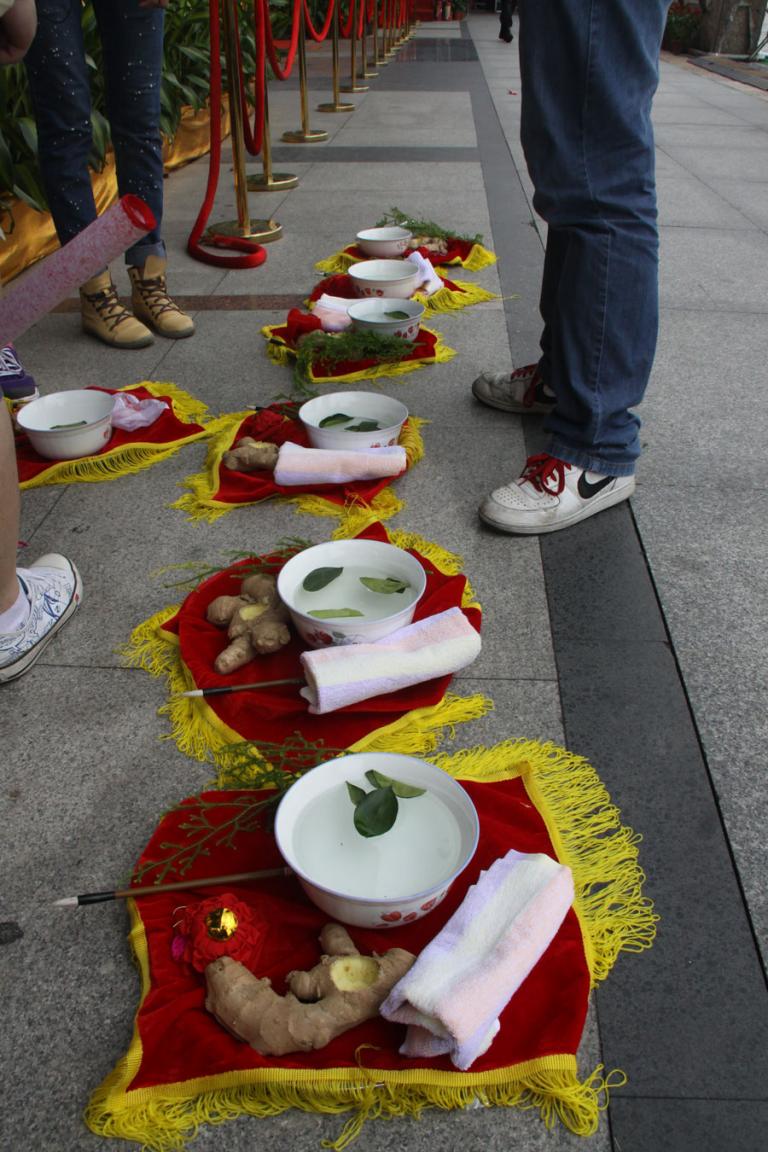
After that, the guests received will wait before the presence chamber to be treated in the traditional manner of washing hands with water poured by a young man waiting before the door. the receiver puts on a smile and a respectful expression with a portable kettle in the right hand, a water-receiving basin in the left hand and a towel over the shoulder and asks the guests towash their hands. The receiver holds the basin instead of putting it on the ground to show respect for the guests. Families paying attention to traditional customs will use a brass washing kettle and basin especially for the guests which are called in Uygur language”Aptuwa”and”Chilapcha. The practice is to pour water for 3 times and to wash the hands for 3 times. After such a ceremony, the guests will dry their hands with the towel offered by the receiver and extend thanks to him, and then they will be lead by the appointed person into the room to take a seat.
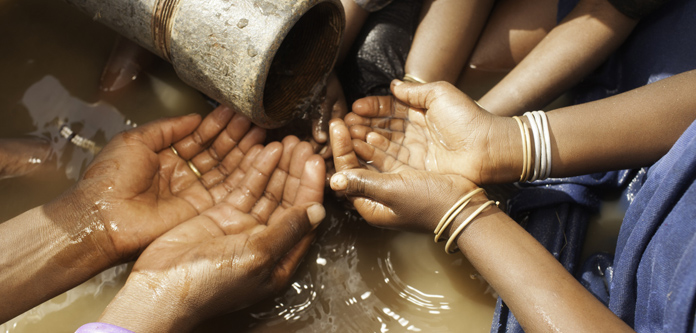
The hand-washing ceremony for the honored guests who come to the family is held after the guests take a seat and exchange a few civilities with the host and before the tea and food are served the water for washing shall neither be too cold or too hot. The receiver who is in charge should pour alittle water on his hand to roughly measure the temperature. the guests who finish washing shall express their thanks to the receiver. The practice of pouring water to wash the hands among Uygur people has something to do with their traditional eating habit. Before chopsticks are adopted as dining tools and are popular among Uygur people, hands are major tools with whichpeople directly grasp rice and other food and put into their mouth, except when having soup noodle pieces and corn noodle porridge, they will take a spoon instead. Nevertheless, hands are used anytime and anywhere in people’ sdaily life and are easily contaminated so they shall be frequently washed to ensure one’s health.
Uygur people believe that water in the basin is “dead water”which is too dirty to wash; only if the water is poured out of the special clean kettle following the traditional washing practice, it is clean.
